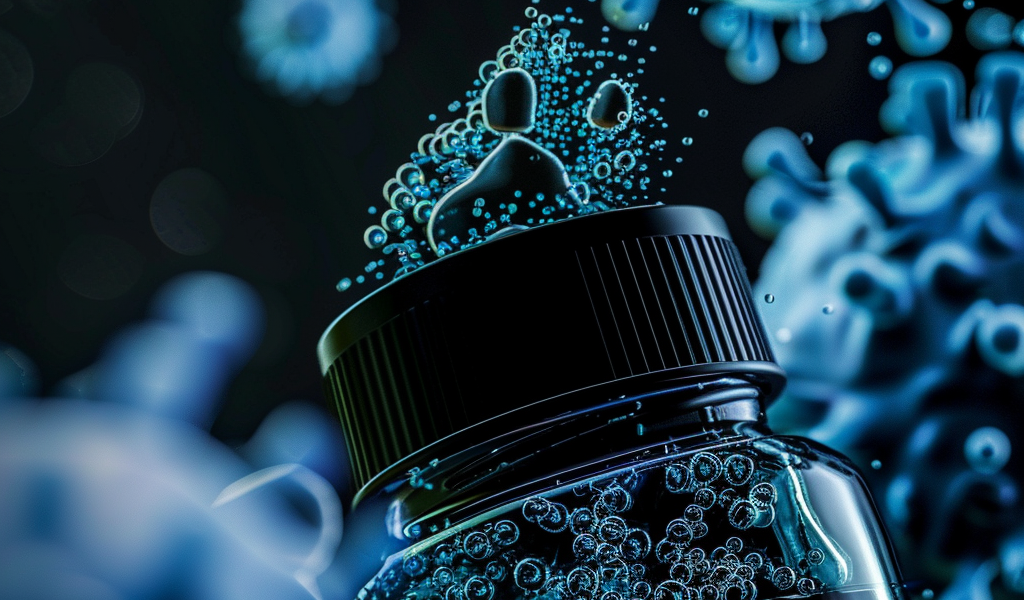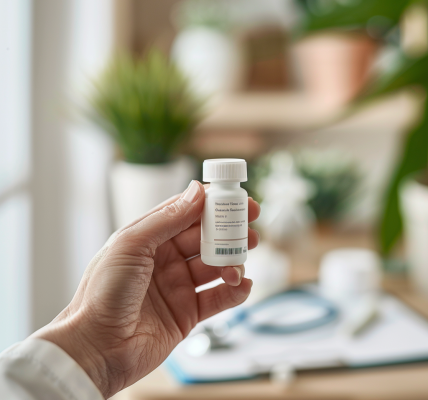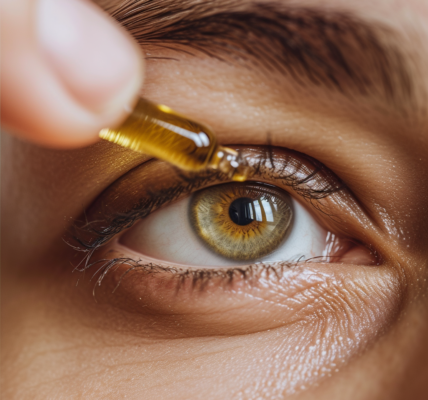Recent research conducted by the US Food and Drug Administration (FDA) has revealed concerning findings regarding the microbial safety of tattoo and permanent makeup inks. Despite being sealed and labeled as sterile, bottles of these inks were found to harbor millions of potentially harmful bacteria.
Microbiologist Seong-Jae (Peter) Kim from the FDA’s National Center for Toxicological Research highlighted the importance of ongoing monitoring of these products to ensure their safety. The study, published in the journal Applied and Environmental Microbiology, shed light on the risks associated with contaminated tattoo inks.
Due to the deep injection of ink into the skin, where bacteria can thrive, contaminated ink poses a significant health risk. Infections and serious injuries can result from the presence of pathogens in the ink, which can travel through the bloodstream and lymphatic systems to other parts of the body.
Director of the FDA’s Office of Cosmetics and Colors, Linda Katz, emphasized the potential life-threatening complications that can arise from systemic spread of bacteria, including conditions like endocarditis and septic shock. Sepsis, a severe response to infection, can lead to organ failure and even death if left untreated.
Symptoms of tattoo ink infections can vary from injection-site rashes to more serious conditions like impetigo, erysipelas, and cellulitis. Individuals with multiple or large tattoos face a higher risk of exposure to microorganisms, increasing the likelihood of infection. The application of permanent makeup, especially around the eye area, also presents a heightened risk due to the potential for microbes to enter the eye.
Prior studies have already identified significant levels of bacterial contamination in supposedly sealed and sterile bottles of ink. The implications of using contaminated ink extend beyond tattoos to permanent makeup, with the latter posing additional risks, particularly when applied near sensitive areas like the eyes.
These findings underscore the importance of ensuring the safety and quality of tattoo and permanent makeup inks to protect consumers from potential health hazards associated with microbial contamination.





